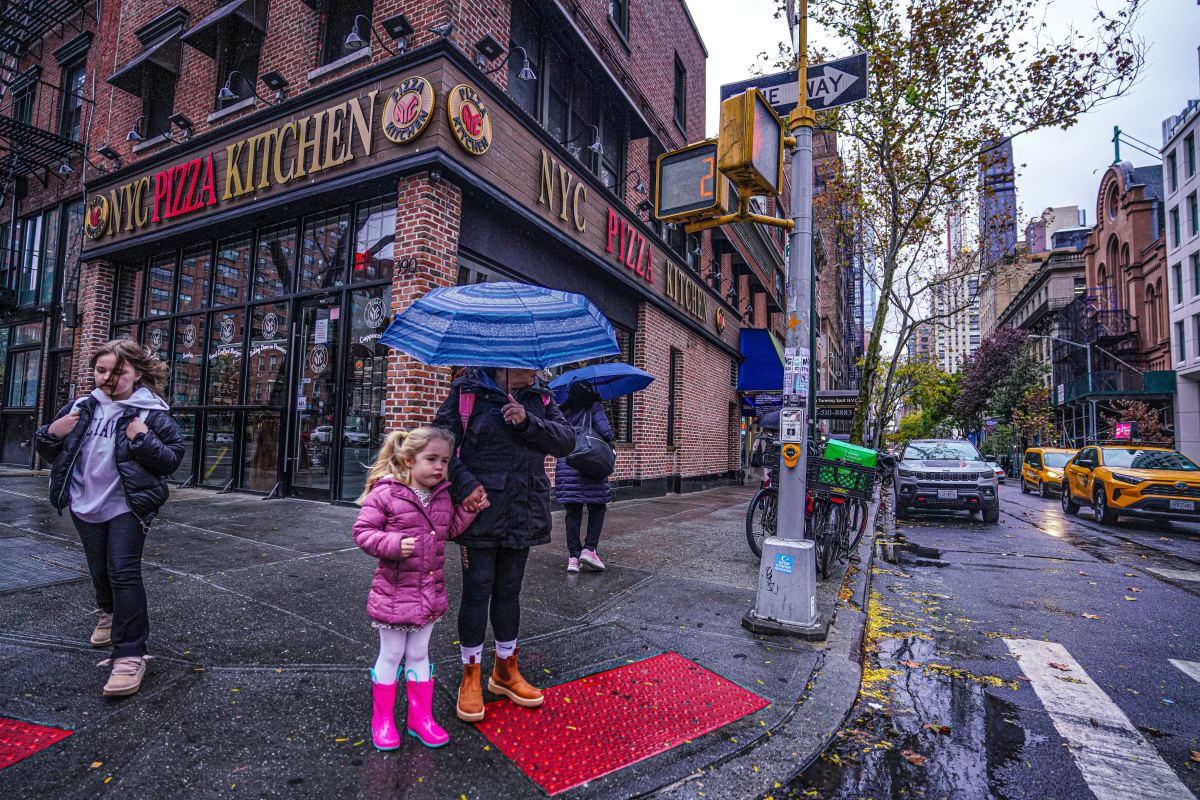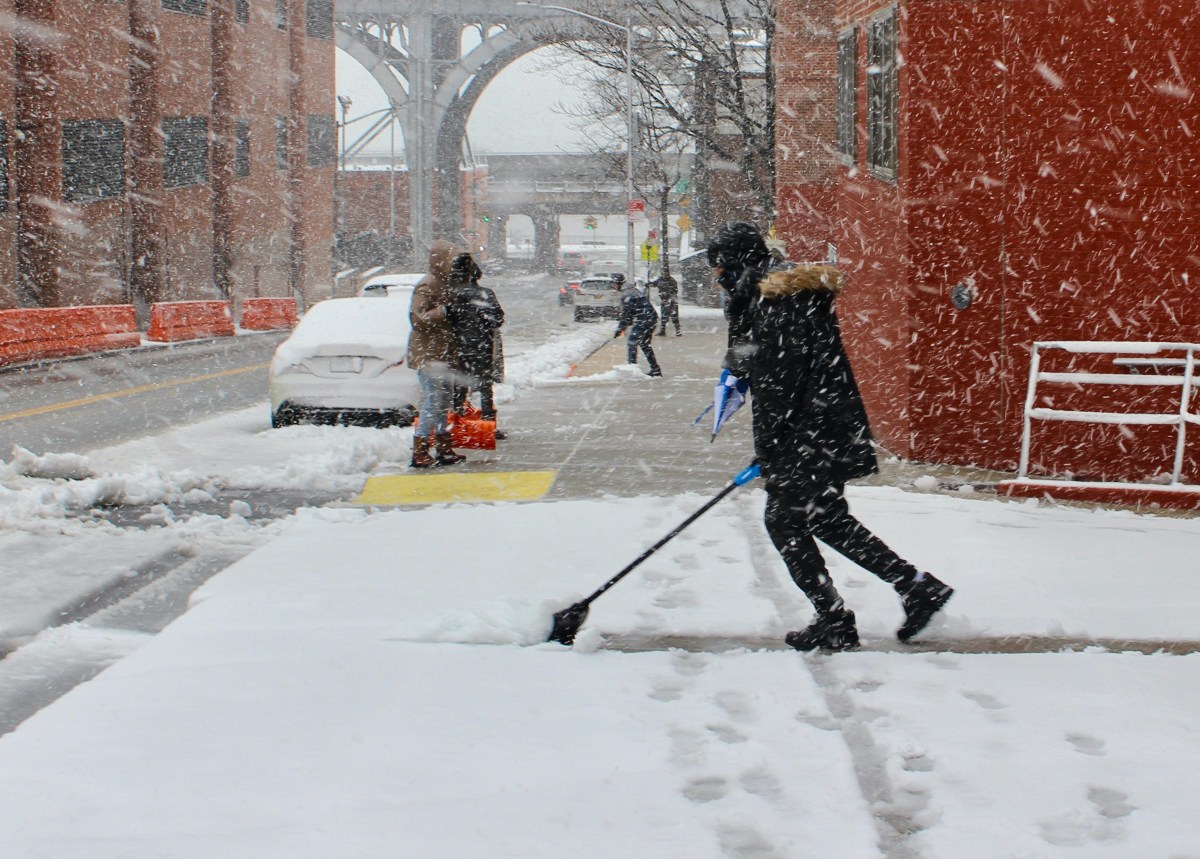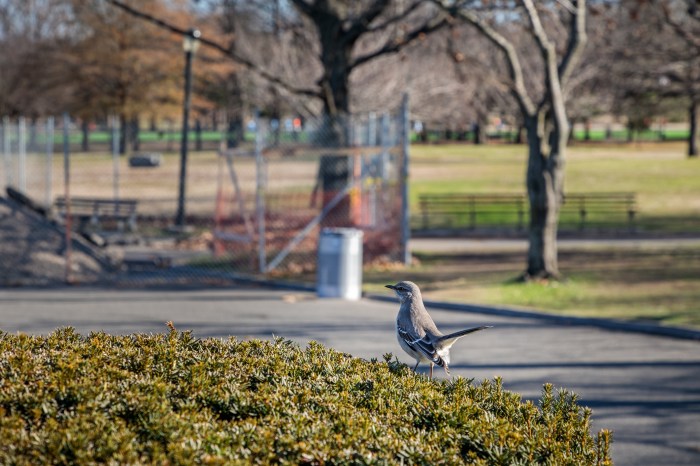By Bob Friedrich
Unless Gov. Andrew Cuomo decides not to sign the plastic bag bill, New Yorkers will again feel the hands of city government reaching into their pockets and taking more of your hard-earned money. The disciples of social engineering and behavior modification in the City Council last year passed a 5-cent fee on each plastic bag used and twice that if you double bag your groceries.
Passage of the misnamed “plastic” bag fee since it also includes paper bags was approved by the City Council and signed by the mayor last year and is set to become law next week, adding hundreds of dollars to the family’s annual shopping bill. All done in the name of the “environment,” a pretext to justify imposing new taxes and fees on already tapped-out New Yorkers. This bill will surely shake out whatever loose change remains in your pocket after the speed cameras and red light cameras have gotten you.
It’s just the latest assault on the wallets of everyday New Yorkers and truth be told, the plastic bag fee also applies to non-polluting, bio-degradable paper bags, making it obvious that the bill is more about social engineering than reducing pollution.
Using the environment as an excuse to pluck every-last dollar out of your pockets and squeeze the family budget is deceptive and unfair. The City Council must stop using the public as guinea pigs in their social engineering experiments.
The arrogance of the “progressive” leaning City Council is stunning, especially when juxtaposing their rhetoric about affordability with their actions.
Actions that ignore the middle-class while engendering a new class warfare. Food stamp card users and others on similar entitlement programs are exempt from the bag fee and may use as many bags as they wish — cost-free, while taxpayers who pay for those entitlements are penalized for each plastic or paper bag they use.
Two individuals on the same grocery line: one receives unlimited free bags while the other must pay. Contrary to the City Council’s assertion that this bill has little financial impact on shoppers, their action exempting food stamp users belies their hollow rhetoric. Supporters may believe this law is “eco-friendly,” but it is eco-nomically unfriendly.
Eastern Queens Council members Donovan Richards, Daneek Miller, Peter Koo and Paul Vallone could have made a huge difference in the final outcome had they voted to oppose the bag tax bill.
Instead, these “champions of the poor” have all but ignored the middle-class as they chose to impose this cost burden on seniors and working class families of their district. Their constituents, many on fixed incomes, can thank them for adding 10 cents to the cost of water and every other heavy item requiring a double bag.
These families struggle daily to pay rent and make ends meet; the last thing they need is to pay for something that used to be free at the local grocery counter.
Bucking the trend was Queens Council member Barry Grodenchik, who called it “one of the most regressive pieces of legislation to ever come before this council.”
He knows that many folks in transit-starved eastern Queens drive to the supermarket and load up grocery bags into their cars. It’s simply impractical for them to carry enough reusable bags.
Most folks resourcefully reuse grocery store bags and keep them stashed in plastic bag receptacles until they’re needed again — as wastebasket liners, trash bags or for dog pick-up.
They are not “single-use bags,” as proponents of the bill claim. Pushing individuals to use reusable bags creates another type of environmental hazard. These reusable bags are often petroleum- or lead-based and require regular cleaning to eliminate food-borne toxins. Are we simply trading one set of problems for another?
The ideological crusade to micromanage our behavior is another example of the city’s overreach and misplaced priorities. Our city is already the heaviest taxed in the nation and nickel and diming its residents doesn’t help.
Instead of working overtime to create regulatory petty annoyances in our daily lives, their time would be better spent restraining a bloated budget and repairing our crumbling infrastructure.
Our only hope is that the state Assembly acts this week to pass legislation nullifying the city’s action as the state Senate did a few weeks ago. Until then, it seems as if the fix is in the bag.
Bob Friedrich is President of Glen Oaks Village, a Civic Leader and former candidate for the NYC Council


































